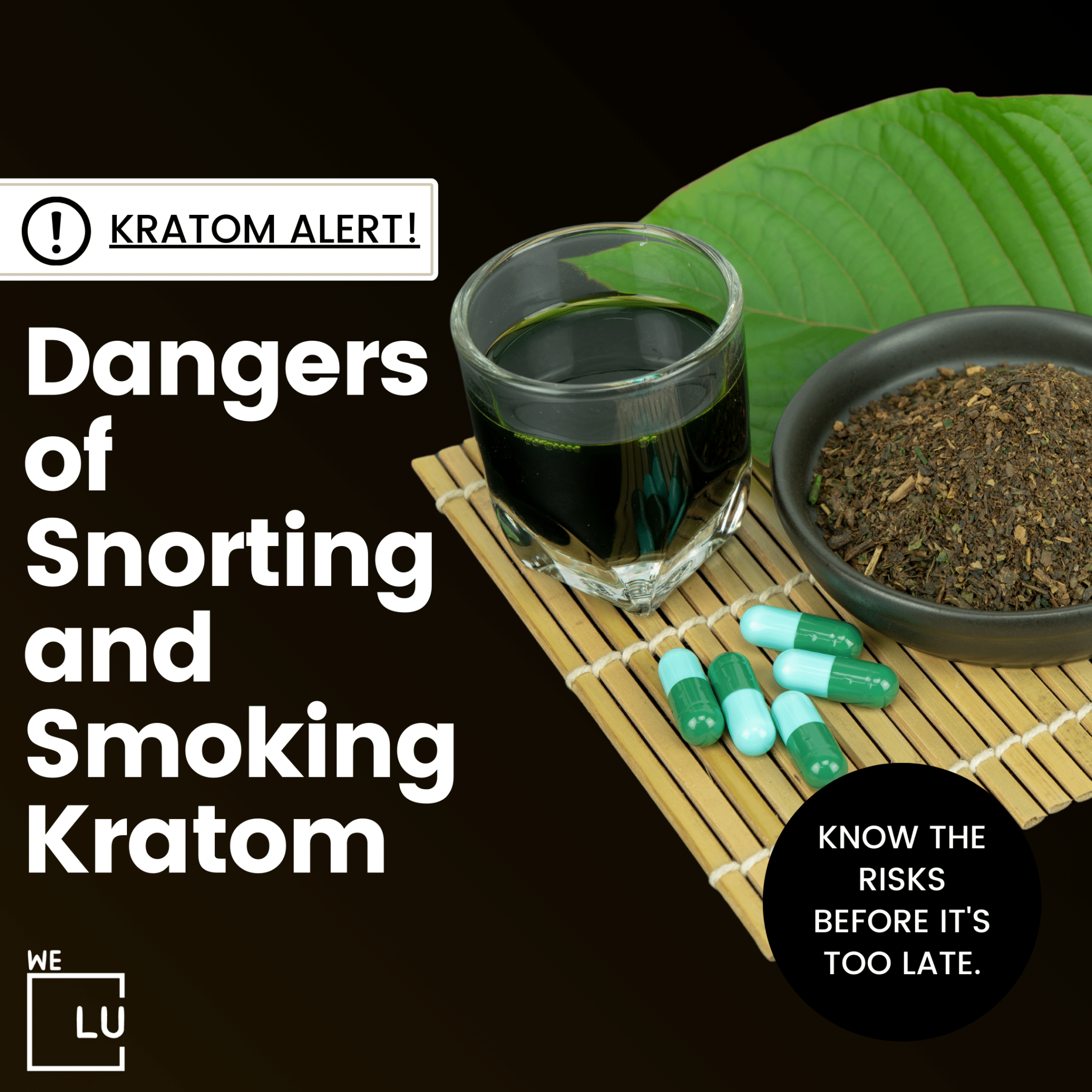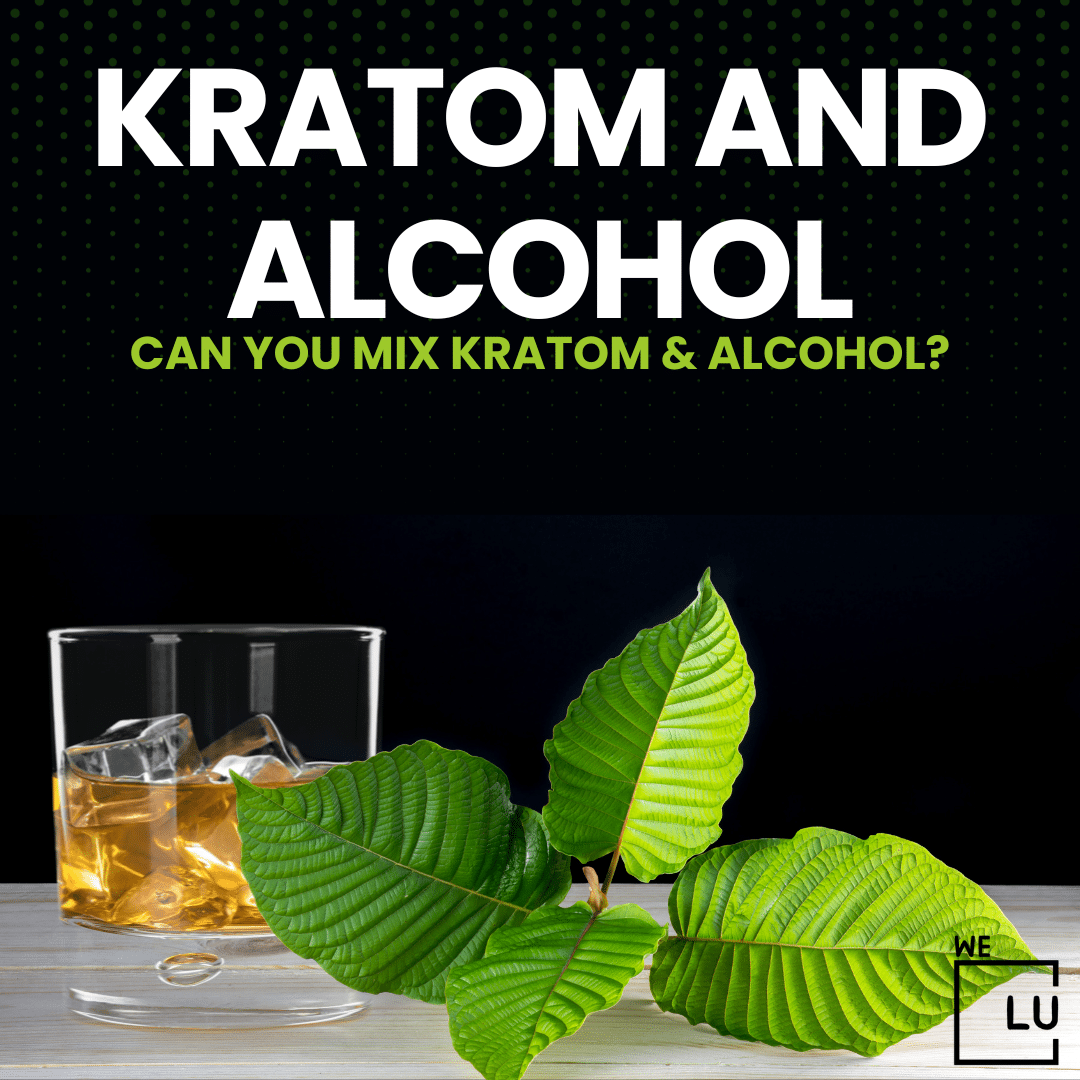What is Coke Nose or Cocaine Nose?
“Coke nose” is a term colloquially used to describe the nasal damage and related issues associated with the chronic use of cocaine. Cocaine is a powerful stimulant drug that is often snorted through the nose, and the repeated use of cocaine in this manner can lead to various nasal problems. The drug constricts blood vessels, reducing blood flow and causing damage to the delicate nasal tissues. Over time, this can result in a range of issues known as “coke nose,” including:
- Nasal Congestion: Chronic cocaine use can lead to persistent nasal congestion and difficulty breathing.
- Nasal Irritation: Cocaine is a harsh substance, and its use can irritate the nasal passages, leading to discomfort, itching, and a runny nose.
- Nosebleeds: The constriction of blood vessels and damage to the nasal tissue can cause frequent nosebleeds.
- Perforated Septum: Prolonged and heavy use of cocaine can contribute to the development of a perforated septum, which is a hole or ulcer in the cartilage that separates the nostrils.
- Loss of Smell: The damage to the nasal tissue may result in a diminished sense of smell or, in severe cases, a complete loss of smell (anosmia).
These issues are not exclusive to cocaine use, and other factors, such as the presence of contaminants in the drug, the method of administration, and individual susceptibility, can influence the severity of nasal damage. Seeking medical help is crucial for individuals experiencing these symptoms due to cocaine use, as it can have significant implications for their overall health. Additionally, addressing the root cause of drug abuse through addiction treatment is essential for a comprehensive approach to recovery.
What Does Cocaine Do To Your Nose?
Cocaine, a powerful stimulant, exerts significant and harmful effects on the nose when used over the long term. Typically ingested through snorting, the drug’s vasoconstrictive properties lead to the constriction of blood vessels in the nasal passages. This reduced blood flow can cause persistent nasal congestion, irritation, and inflammation, resulting in discomfort and a runny nose.
Nose Damage From Long-Term Cocaine Use
The direct contact of cocaine with the delicate nasal tissues can lead to further complications, including frequent nosebleeds and, in more severe cases, the development of a perforated septum—an opening or ulcer in the cartilage that separates the nostrils. The cumulative impact of these effects often gives rise to the colloquial term “coke nose.” Moreover, the damage inflicted on the nasal passages can impair the sense of smell, ranging from diminished olfactory perception to complete loss.
Cocaine Nose Holes
The term “cocaine nose holes” is often used colloquially to describe the development of perforations or ulcers in the nasal septum as a result of chronic cocaine use. The septum is the cartilage that separates the nostrils, and the vasoconstrictive properties of cocaine, along with its direct contact with nasal tissues, can lead to severe damage over time. Prolonged and repeated snorting of cocaine can compromise blood flow to the nasal passages, causing irritation, inflammation, and, ultimately, the formation of holes or ulcers in the septum.
Cocaine Nose Bleeds
Cocaine use is associated with an increased risk of nosebleeds, medically known as epistaxis. The drug has vasoconstrictive properties, meaning it narrows blood vessels, which can lead to reduced blood flow to the nasal tissues. The combination of cocaine’s direct irritation to the delicate nasal passages and the constriction of blood vessels can cause these tissues to become dry, cracked, and more prone to bleeding.
Frequent or heavy use of cocaine often exacerbates this issue, and individuals who snort cocaine may experience nosebleeds as a common side effect. The nosebleeds can vary in severity, ranging from minor to more significant bleeding.
Sinus Infections
Chronic cocaine use can contribute to an increased risk of sinus infections. The direct irritation of the nasal and sinus tissues by cocaine can compromise the mucous membranes, making them more susceptible to infection. The drug’s impact on the immune system further heightens the vulnerability to bacterial or viral invaders, potentially leading to sinusitis.
Sinus infections, or sinusitis, can cause symptoms such as nasal congestion, facial pain or pressure, discolored nasal discharge, and difficulty breathing. Chronic sinus infections can have profound health implications, and seeking medical attention is crucial for appropriate diagnosis and treatment.
Septum Damage From Cocaine Use
Cocaine’s ability to constrict blood vessels reduces blood flow to the nasal passages, leading to irritation, inflammation, and, over time, structural damage to the septum.
One of the most severe consequences is the development of a perforated septum, where a hole or ulcer forms in the cartilage. This condition can cause persistent nasal congestion, frequent nosebleeds, and sometimes a visible hole in the septum.
The damage to the septum not only has physical implications but can also impact the overall functionality of the nose, including the sense of smell.
Saddle Nose
“Saddle nose” is a term used to describe a deformity of the nose, and it can be associated with chronic cocaine use. This condition occurs when the nasal septum, the cartilage that separates the nostrils, deteriorates or collapses. Prolonged and heavy use of cocaine, especially when snorted, can lead to a reduction in blood flow to the nasal tissues. The decreased blood supply, combined with the direct toxic effects of the drug, can cause the nasal septum to weaken and lose its structural integrity.
As the septum weakens, the bridge of the nose may collapse, resulting in the characteristic appearance of a “saddle nose.” This deformity can affect both the aesthetics of the nose and its function.
Hard Palate Damage
Snorting cocaine introduces the drug directly into the nasal passages, and as it drips down the back of the throat, it can come into contact with the hard palate. This contact, along with the corrosive nature of cocaine, can lead to various issues, including irritation, inflammation, and potential damage to the hard palate tissues.
Prolonged use may contribute to the degradation of the bony structure, compromising the integrity of the hard palate. Seeking dental and medical attention for individuals experiencing symptoms of hard palate damage due to cocaine use is crucial. Additionally, addressing the underlying substance abuse through addiction treatment is essential for preventing further harm and promoting overall health.
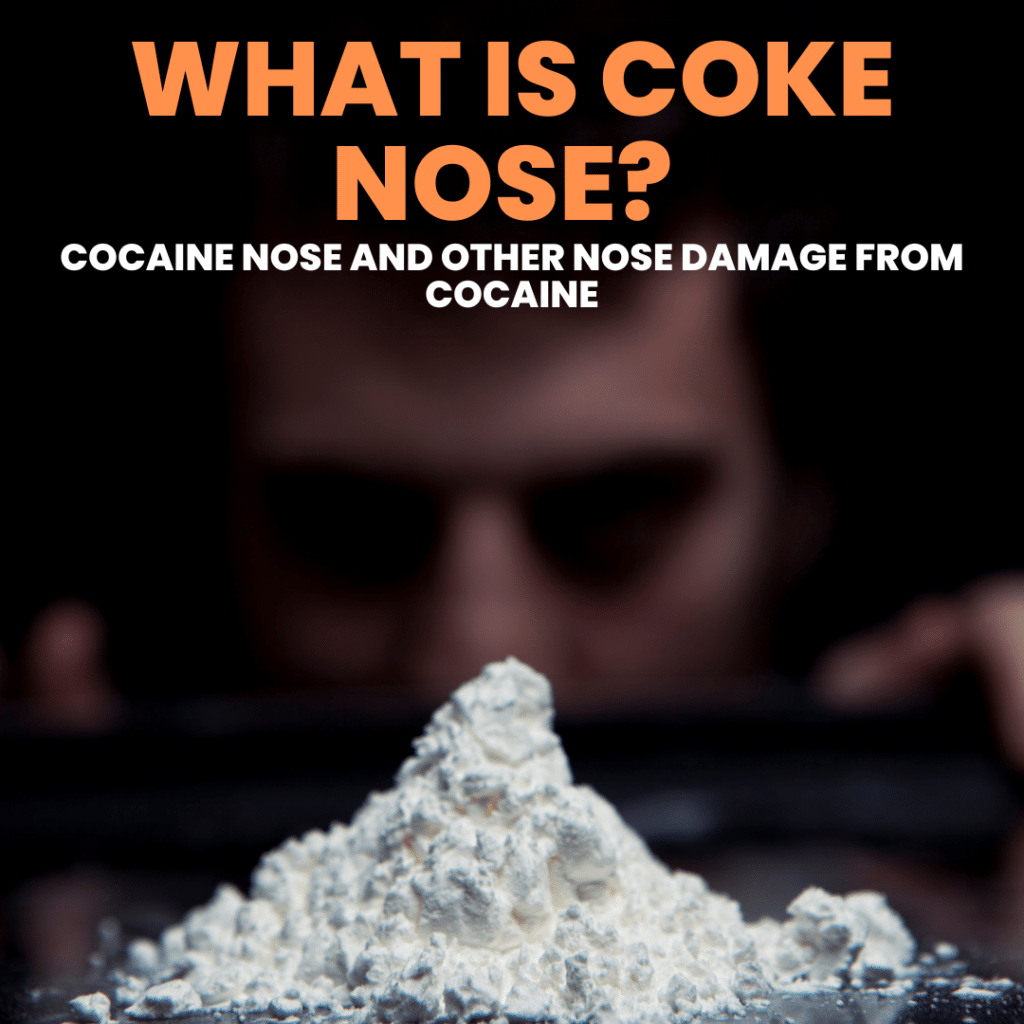
Skip To:
Learn More:
- Cocaine Side Effects, Psychological, Physical Short and Long-Term Side Effects of Cocaine
- Coke Bloat, Specifics, Management, Cocaine Addiction & Medical Treatment
- Cocaine Overdose, Symptoms, Dangers, Crack Cocaine & What to do if an overdose happens?
- How Long Does Cocaine Stay in Your System? Blood, Urine, and Saliva Tests
- What Does Crack Smell Like? Identifying Crack Cocaine Use and Abuse
- Cocaine Detox, Signs, Withdrawal Symptoms & Treatments
- Fake Cocaine, The Dangers of Synthetic Cocaine
- Cocaine Addiction Causes, Effects & Treatment
Are you looking for help with substance abuse challenges like Cocaine Addiction? Join others who trusted We Level Up for substance abuse treatments. Call 24/7 for more rehab information today. Your call is free and confidential.

Get Your Life Back
Find Hope & Recovery. Get Safe Comfortable Detox, Addiction Rehab & Dual Diagnosis High-Quality Care.
Hotline (855) 695-1160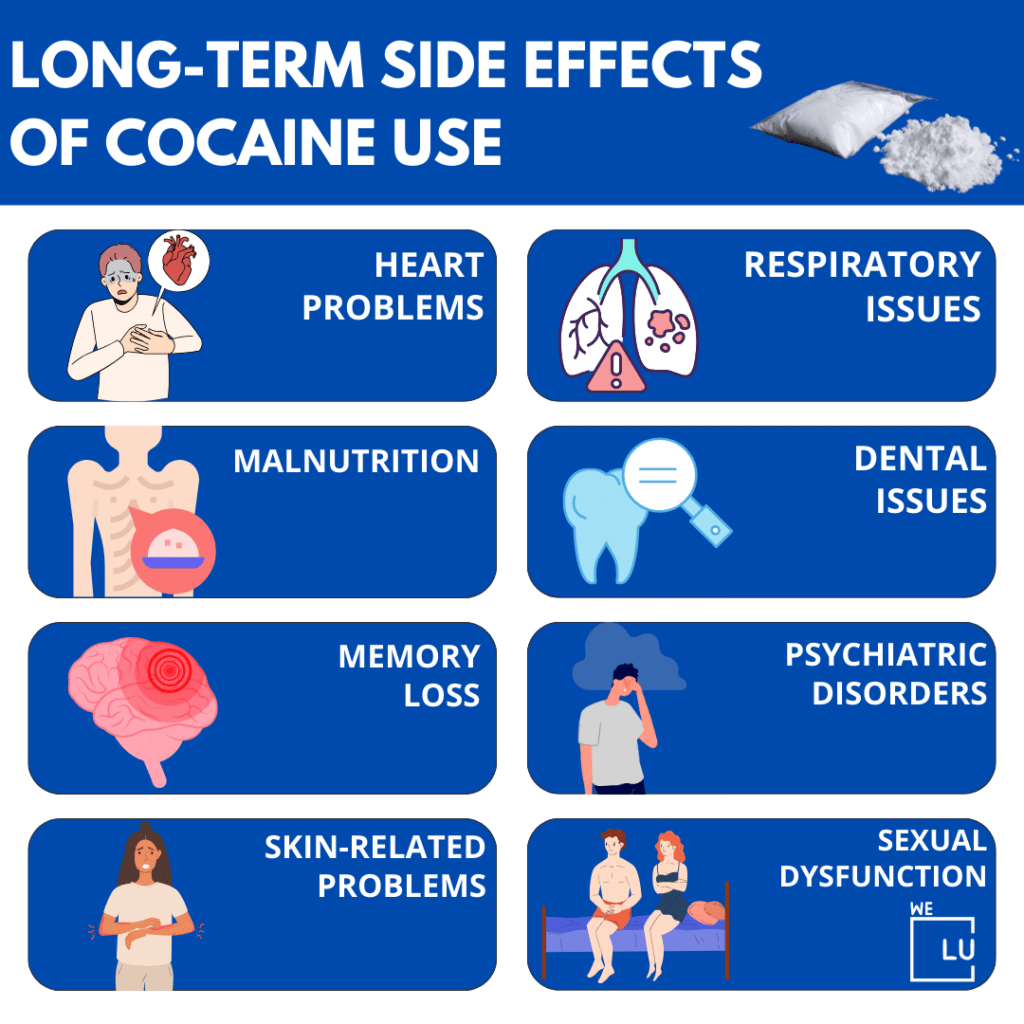
Other Long-Term Side Effects of Cocaine Use
In addition to the well-known effects on the nasal and oral structures, long-term cocaine use can result in a myriad of severe and often irreversible health consequences.
- Cardiovascular Complications: Cocaine can contribute to heart problems, including heart attacks, irregular heart rhythms, and high blood pressure. Over time, this can lead to an increased risk of cardiovascular diseases.
- Respiratory Issues: Smoking or inhaling cocaine can cause respiratory problems, such as difficulty breathing, chronic cough, and an increased risk of respiratory infections.
- Neurological Impairments: Prolonged cocaine use may lead to neurological issues, including cognitive deficits, memory loss, and difficulty concentrating.
- Psychiatric Disorders: Cocaine use is associated with an increased risk of mental health disorders, such as anxiety, depression, and paranoia. Chronic use may contribute to more severe psychiatric conditions.
- Gastrointestinal Problems: Cocaine use can cause gastrointestinal issues, including abdominal pain, nausea, and decreased appetite.
- Malnutrition: The appetite-suppressing effects of cocaine can lead to malnutrition and weight loss over time.
- Dental Issues: Chronic cocaine use is linked to severe dental problems, including tooth decay, gum disease, and the loss of teeth, often referred to as “cocaine mouth.”
- Reproductive and Sexual Health Problems: Cocaine use can affect reproductive health, leading to fertility issues, hormonal imbalances, and sexual dysfunction.
- Immunosuppression: Chronic cocaine use may weaken the immune system, increasing susceptibility to infections and illnesses.
- Skin-related Problems: Skin issues such as itching, sores, and skin infections are common among cocaine users, particularly those who inject the drug.
The long-term consequences of cocaine use are complex and can affect various organ systems. Seeking professional help for individuals struggling with cocaine addiction is essential to mitigate these risks and promote overall well-being. Addiction treatment, including counseling, behavioral therapies, and support groups, is critical for addressing the root causes of substance abuse and facilitating recovery.
Learn more about Cocaine Side Effects:
Get Help. Get Better. Get Your Life Back.
Searching for an Accredited Drug and Alcohol Rehab Centers in Near You?
Even if you have failed previously and relapsed, or are in the middle of a difficult crisis, we stand ready to support you. Our trusted behavioral health specialists will not give up on you. When you feel ready or just want someone to speak to about therapy alternatives to change your life call us. Even if we cannot assist you, we will lead you to wherever you can get support. There is no obligation. Call our hotline today.
FREE Addiction Hotline – Call 24/7How To Soothe Irritated Nose From Cocaine Nose Damage
The best course of action for anyone experiencing health issues related to cocaine use is to seek professional medical help and consider addiction treatment. The second best thing you can do to help your nose heal is to stop using cocaine. Further cocaine use will make the damage worse. The nose can only start to heal when cocaine use is stopped.
However, if someone is looking to alleviate general nasal irritation, regardless of the cause, there are some available suggestions:
- Nasal Saline Rinse: Gently flushing the nasal passages with a saline solution can help soothe irritation and keep the nasal passages moist. Use a commercially available saline spray or create your saline solution with distilled water and salt.
- Humidifier: Using a humidifier in your living space can add moisture to the air, which may help reduce nasal dryness and irritation.
- Topical Nasal Moisturizers: Applying a thin layer of a nasal moisturizing gel or ointment inside the nostrils may relieve dryness and irritation.
- Stay Hydrated: Drinking plenty of water helps maintain overall hydration, including the mucous membranes in the nasal passages.
- Avoid Irritants: Steer clear of irritants such as smoke, strong odors, and pollutants that can exacerbate nasal irritation.
These measures are not a substitute for seeking professional medical advice, especially when dealing with issues related to substance abuse. If you or someone you know is struggling with cocaine use or related health issues, consult with healthcare professionals or addiction specialists for appropriate guidance and support.
First-class Facilities & Amenities
World-class High-Quality Addiction & Mental Health Rehabilitation Treatment
Rehab Centers TourRenowned California Addiction Center. Serene Private Facilities. Inpatient rehab programs vary.
Addiction Helpline (855) 695-1160Proven recovery success experience, backed by a Team w/ History of:
15+
Years of Unified Experience
100s
5-Star Reviews Across Our Centers
10K
Recovery Success Stories Across Our Network
- Low Patient to Therapist Ratio
- Onsite Medical Detox Center
- Comprehensive Dual-Diagnosis Treatment
- Complimentary Family & Alumni Programs
- Coaching, Recovery & Personal Development Events
Coke Nose Treatment
The treatment for the nasal damage associated with chronic cocaine use, often referred to as “coke nose,” involves a multifaceted approach aimed at addressing both the immediate symptoms and the underlying causes. It’s important to note that seeking professional medical advice is crucial for an accurate diagnosis and tailored treatment plan. Here are some general considerations:
- Cessation of Cocaine Use: The primary and most crucial step in treating coke nose is to stop using cocaine. Continued use can exacerbate existing damage and hinder the healing process.
- Medical Evaluation: Consult with a healthcare professional for a thorough evaluation of nasal damage. This may involve a physical examination, imaging studies, and discussions about symptoms and substance use history.
- Nasal Moisturization: Using saline nasal sprays or moisturizing ointments can help soothe dry and irritated nasal passages, promoting healing.
- Topical Steroids: Sometimes, healthcare providers prescribe topical corticosteroids to reduce inflammation and alleviate symptoms.
- Antibiotics: If there is evidence of infection, such as persistent nasal discharge, antibiotics may be prescribed to address bacterial issues.
- Surgical Intervention: In severe cases with structural damage, surgical procedures may be considered to repair the nasal septum or other affected areas.
- Supportive Care: Practices like staying hydrated, using humidifiers to add moisture to the air, and avoiding irritants like tobacco smoke can contribute to the healing process.
One should approach coke nose treatment under the guidance of healthcare professionals, and individuals are encouraged to seek comprehensive care, including addiction treatment, to address the root cause of substance abuse. Seeking help from addiction specialists, counselors, and support groups can provide valuable assistance in recovery.
World-class, Accredited, 5-Star Reviewed, Effective Addiction & Mental Health Programs. Complete Behavioral Health Inpatient Rehab, Detox plus Co-occuring Disorders Therapy.
CALL (855) 695-1160End the Addiction Pain. End the Emotional Rollercoaster. Get Your Life Back. Start Drug, Alcohol & Dual Diagnosis Mental Health Treatment Now. Get Free No-obligation Guidance by Substance Abuse Specialists Who Understand Addiction & Mental Health Recovery & Know How to Help.
10 Interesting Facts About Cocaine
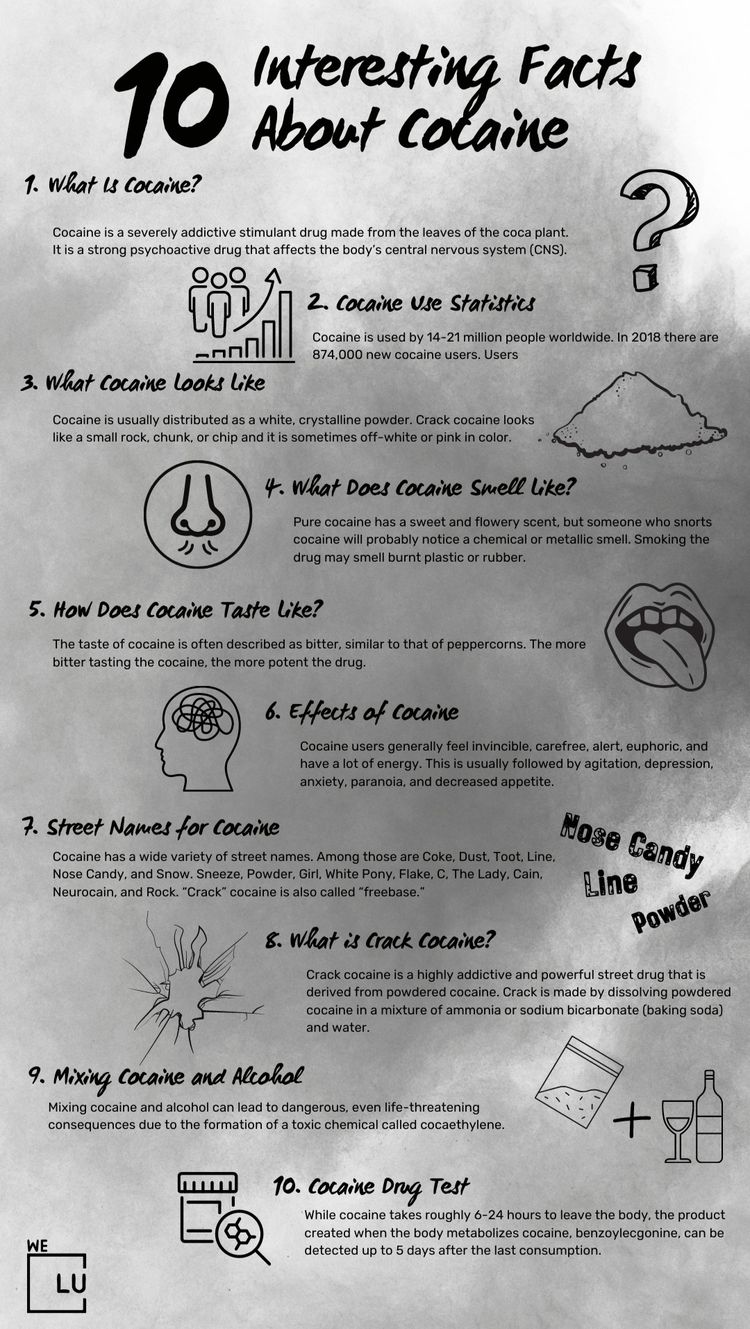
Cocaine is a powerful stimulant drug derived from the leaves of the coca plant. It produces intense euphoria, increased energy, and heightened alertness by blocking the reuptake of neurotransmitters like dopamine in the brain. Despite its short-lived effects, cocaine is highly addictive, leading to a cycle of increased use to maintain the desired sensations.
Cocaine, a powerful stimulant, is known by various street names that conceal its illicit nature. Slang terms for cocaine often vary by region and community, contributing to the clandestine language associated with drug use. Common street names for cocaine include “coke,” “blow,” “snow,” and “powder.” Additionally, “crack” refers to the crystallized form of cocaine that is typically smoked. Other slang terms include “coca,” “nose candy,” “white lady,” and “toot.”
Cocaine addiction is characterized by a compulsive need for the drug, loss of control over use, and continued use despite negative consequences. Prolonged and heavy cocaine use can result in severe health issues, including cardiovascular problems, respiratory complications, and damage to the nasal and oral structures. Overcoming cocaine addiction often requires comprehensive treatment, including behavioral therapies, counseling, and support groups, to address the physical, psychological, and social aspects of the habit. Seeking professional help is crucial for individuals trapped in the cycle of cocaine dependence.
Learn more about Cocaine Addiction:
Experience Transformative Recovery at the We Level Up California Treatment Center.
See our authentic success stories. Get inspired. Get the help you deserve.



Start a New Life
Begin with a free call to an addiction & behavioral health treatment advisor. Learn more about our dual-diagnosis programs. The We Level Up treatment center network delivers recovery programs that vary by each treatment facility. Call to learn more.
- Personalized Care
- Caring Accountable Staff
- World-class Amenities
- Licensed & Accredited
- Renowned w/ 100s 5-Star Reviews
We’ll Call You
Addiction Recovery Story of Alcoholism, Crack Cocaine Addiction, & Heroin Addiction To Sobriety & AA
Search Coke Nose, Nose coke, Cocaine Nose Drug & Alcohol Rehab / Detox & Mental Health Topics & Resources
Sources
- NIDA. 2021, July 9. What are the long-term effects of cocaine use? related: coke nose, cocaine nose, cocaine on nose, cocaine damage to nose, cocaine nose hole
- NIDA. 2021, June 13. What are the short-term effects of cocaine use? related: coke nose, cocaine nose, cocaine on nose, cocaine damage to nose, cocaine nose hole
- U.S. National Library of Medicine. “Cocaine.” MedlinePlus, April 21, 2016. related: coke nose, cocaine nose, cocaine on nose, cocaine damage to nose, cocaine nose hole
- National Institute on Drug Abuse. “How is cocaine used?” May 2016. related: coke nose, cocaine nose, cocaine on nose, cocaine damage to nose, cocaine nose hole
- Lieberman, Phillip L. “Patient education: Nonallergic rhinitis […] (Beyond the Basics).” UpToDate, May 24, 2021.
- Richards, John R.; Laurin, Erik G.; et al. “Acute Toxicity from Topical Cocaine for […]tment with Labetalol.” Journal of Emergency Medicine, March 2017.
- Downs, Brian W.; Sauder, Haley M. “Septal Perforation.” StatPearls, May 1, 2022.
- Vartanian, A. John. “Saddle Nose Rhinoplasty.” Medscape, July 16, 2020.
- Villa, Peter D. “Midfacial Complications of Prolonged Cocaine Snort.” Canadian Dental Association, 1999.
- Trimarchi, M.; Bondi, S.; & et al. “Palate perforation differentiates cocain[…]is with polyangiitis.” ACTA Otorhinolaryngologica Italica, August 2017. Accessed July 2, 2022.Plastic Surgery Chicago. “Cocaine Nose.” related: coke nose, cocaine nose, cocaine on nose, cocaine damage to nose, cocaine nose hole



